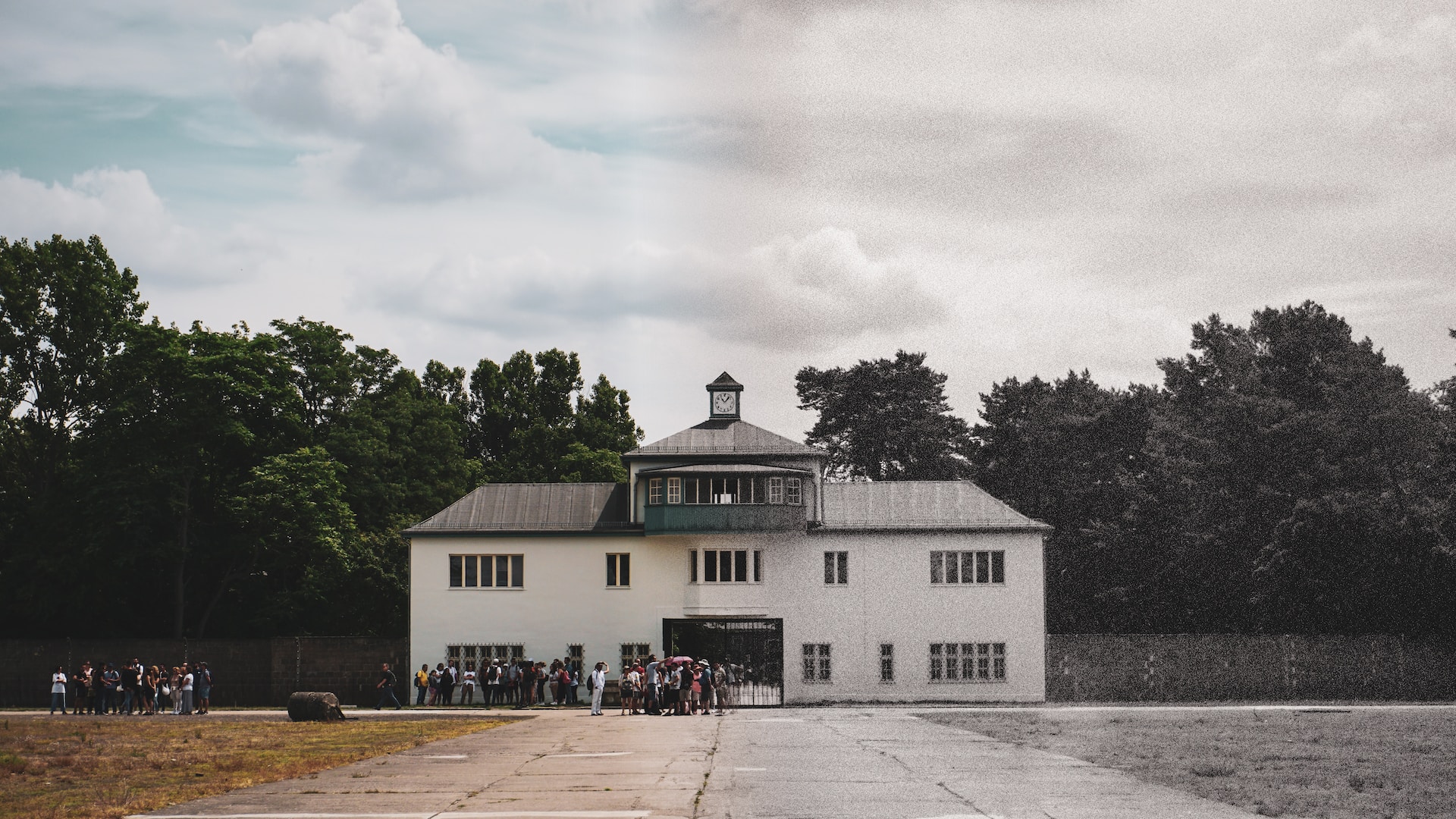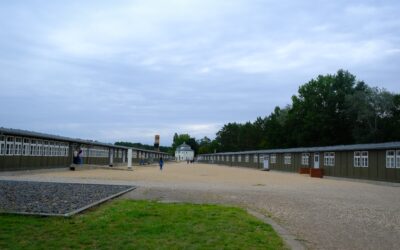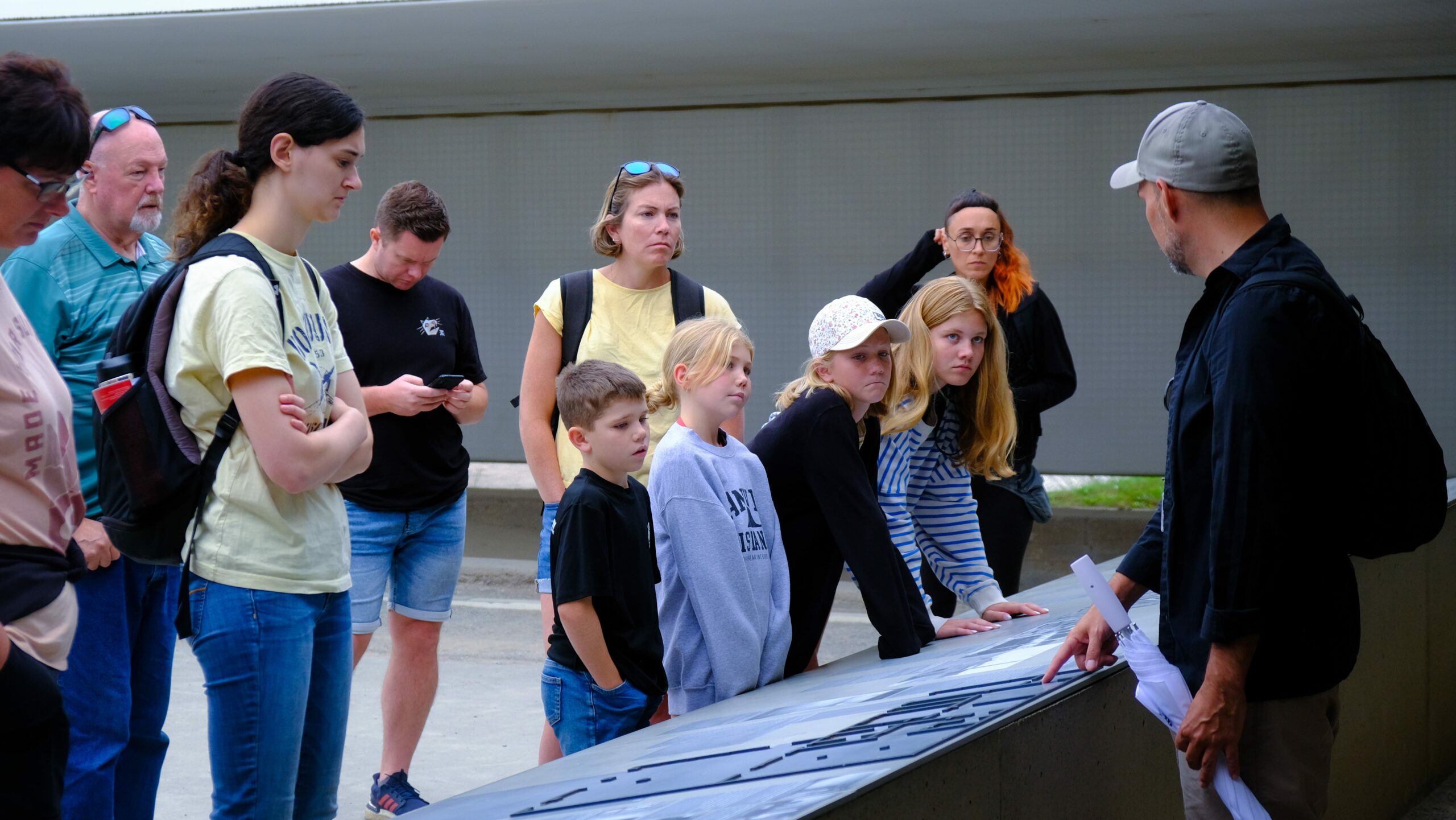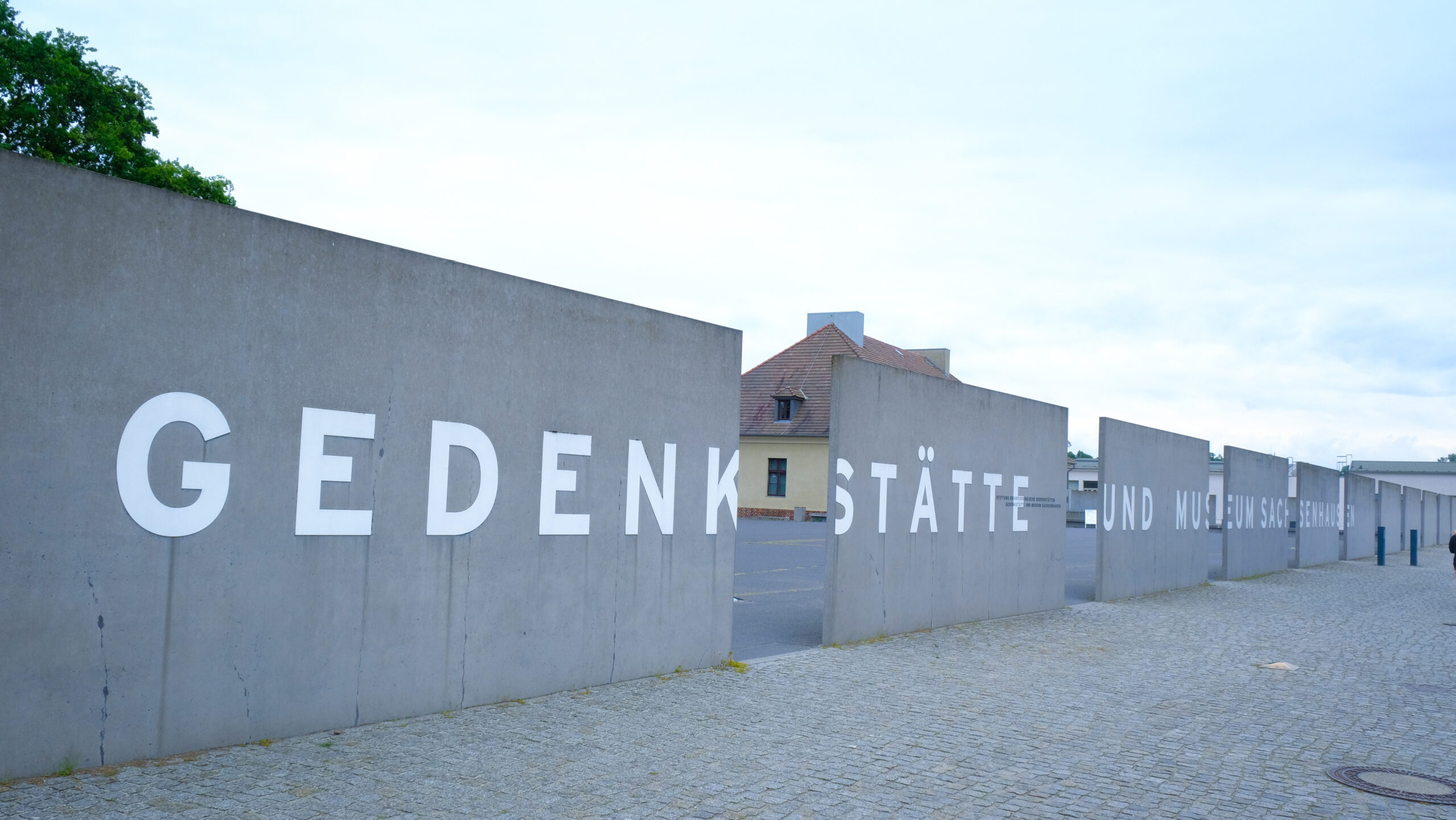Sachsenhausen concentration camp, located near Berlin, Germany, was one of the first Nazi concentration camps established during their regime. It was in operation from 1936 to 1945 and played a significant role in the Holocaust and World War II. This blog post aims to provide you with essential information about Sachsenhausen concentration camp and explain why it is crucial to remember this dark chapter in history.
1. Historical Background of Sachsenhausen Concentration Camp
Sachsenhausen concentration camp was constructed in 1936 by the SS, the paramilitary organization responsible for running concentration camps under the Nazi regime. Initially, it served as a model camp that aimed to set standards for future camps. Over time, it expanded and became a place of imprisonment, forced labor, and extermination.
During World War II, Sachsenhausen concentration camp was used for various purposes. It served as a concentration camp for political opponents, including communists, trade unionists, and social democrats. It also held prisoners based on their religion, ethnicity, sexual orientation, and other factors deemed undesirable by the Nazi regime.
2. Life Inside Sachsenhausen Concentration Camp
The conditions inside Sachsenhausen concentration camp were brutal and dehumanizing. Prisoners endured forced labor, malnutrition, disease, and constant physical and psychological abuse. The camp had various subcamps and specialized facilities, such as a punishment block, medical experiments unit, and a gas chamber used for executions.
Prisoners were subjected to extreme cruelty, including beatings, torture, and medical experiments. The regime aimed to break their spirits and annihilate any resistance or hope for survival.
3. Liberation and Remembrance
Sachsenhausen concentration camp was liberated by the Soviet during the end of the Second World War in April 1945. After the Second World War the camp was a Special Camp for Germans accused of collaborating with the Nazis until 1950. After regaining independence in 1961, the East Germany’s government set the area of the camp and included memorials to the victims of the atrocities committed in the camp area.
Remembering Sachsenhausen concentration camp is essential for several reasons:
3.1 Holocaust Education
Conceivably the most effective way of familiarizing people with the atrocities of the Holocaust is through a visit to Sachsenhausen concentration camp. For visitors, it affords a possibility to become familiar with the scale of evil committed by the Nazis and honor the millions of victims. Hereby studying such events and studying our past it becomes possible to try to avoid repeating them in the future.
3.2 Commemorating the Victims
Thus, we pay tribute to remembering the victims of Sachsenhausen concentration camp. Prisons became the places, many innocent people suffer and die . This also means that their tales continue to be narrated, their existence remembered and their opinions being regarded.
3.3 Tolerance and Human Rights
Learning the history of Sachsenhausen concentration camp helps to distinguish the necessity of tolerance and human right. Here, it is essential to learn the result of discrimination and bigotry so that we try to become a world that is more tolerant.
- Sachsenhausen Concentration Camp Tour
If you plan to visit Sachsenhausen concentration camp, here are a few tips:
It is recommended to visit the memorial inform in advance regarding the working days, hours, possible tours, and extra information – all this can be found on the memorial’s web-site.
Dress properly, in good comfortable shoes for the walking on bad terrains is expected.
AC visitors should show respect for the sacred environment of the memorial area. Natural: Avoid raising your voice much and be conscious with other guests.
It is recommended to use guided tours with an audio guide, which give interesting information about the history of this camp.
Engage yourself in the visit and after that take time and contemplate on the feelings that you may get when you are visiting the place.
Just a reminder, the concentration camp Sachsenhausen might be very shocking when visiting it. One should engage it with this attitude only, although sometimes it might be a difficult task on its own.
Conclusion
Sachsenhausen concentration camp is one of the terrible places associated with the Holocaust still existing today and killing done by the Nazis. When knowing about such a grim period in history and remembering the victims we pay tribute to the victims and work hard to build a world without hatred, prejudice, and bigotry.
Visiting Sachsenhausen concentration camp offers a unique opportunity for education, reflection, and promoting tolerance and human rights. By understanding the past, we can work towards a brighter future.




